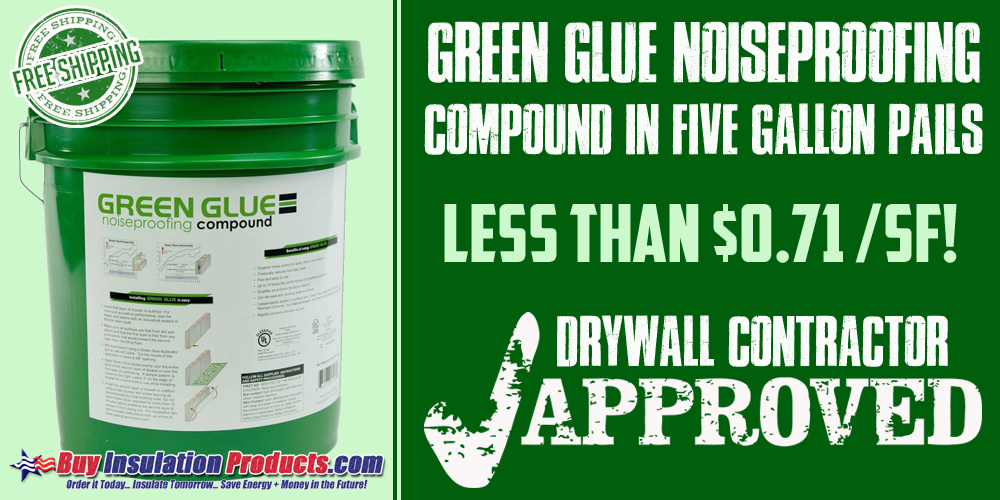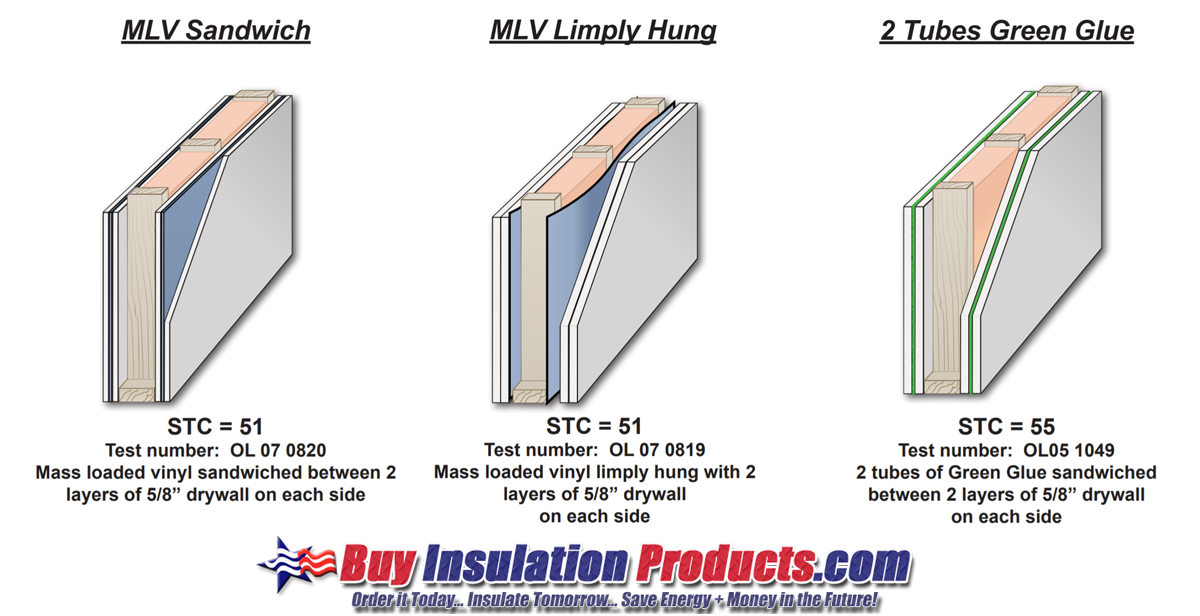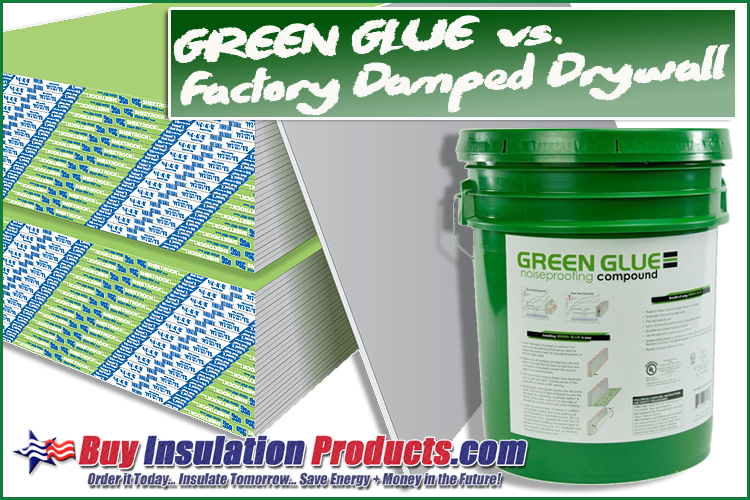

The absorption aspect in soundproofing should not be confused with sound-absorbing panels used in acoustic treatments. There are five elements in sound reduction: absorption, damping, decoupling, distance, and adding mass. There are several basic approaches to reducing sound: increasing the distance between source and receiver, using noise barriers to reflect or absorb the energy of the sound waves, using damping structures such as sound baffles, or using active antinoise sound generators. Soundproofing is any means of reducing the sound pressure with respect to a specified sound source and receptor. Check out for more information.A pair of headphones being tested inside an anechoic chamber for soundproofing

Both butyl rubber and asphalt-based automotive sound deadeners are good choices, however butyl rubber tends to be a better bang for your buck.

It all comes down to budget and application. As for durability, the butyl-rubber sound deadeners does not have the issues of hardening, cracking or reduced adhesion over time like the lower-cost asphalt-based products. In addition to delivering improved sound deadening over asphalt, the butyl-rubber chemistry does not emit the undesirable smells commonly experienced with asphalt-based deadeners at elevated temperatures. At 104 degrees, B-Quiet ultimate delivers a 72% better acoustic loss factor over the asphalt-based B-Quiet Extreme. At 86 degrees, the butyl-rubber B-Quiet ultimate had a 60% higher acoustic loss factor. At elevated temperatures, the performance difference was even more dramatic.

The performance improvement was on the order of 35% between room temps and freezing. In laboratory testing, butyl-rubber-based B-Quiet Ultimate Automotive Sound Deadening recorded an acoustic loss factor of 0.39 versus only 0.29 for the asphalt-based B-Quiet Extreme. Which is more Effective? Butyl rubber or Asphalt-based Automotive Sound Deadening products? This means that asphalt-based automotive sound deadeners are only working half as well at higher temperatures. For example, the acoustic loss factor for B-Quiet Extreme Automotive Sound Deadener has a value of 0.29 at room temperature and 0.14 at 100 degrees. As temperatures increase to 100 degrees, the acoustic loss factor of asphalt-based sound deadeners generally drops to about half.
#MASS LOADED VINYL VS RUBBER SKIN#
Like Ultimate, B-Quiet Extreme Automotive Sound Deadener has a bonded aluminum outer skin and an incredibly sticky backing which adheres to all metal surfaces.Īsphalt, a petroleum-based compound, does a good job of sound dampening between freezing and normal room temps. B-Quiet Extreme Automotive Sound Deadening made of Asphalt-based Rubberī sells both butyl rubber and asphalt-based sound deadening products. B-Quiet’s Extreme Automotive Sound Deadener is a 1.15mm (45mil) thick composite mat which is made of butyl rubber and asphalt mix. At room temperatures where all automotive sound deadeners work their best, a comparable butyl-rubber product will be about 35% more effective at automotive sound deadening compared to an asphalt-based product. The supercharged adhesive surface forms an incredible bond to all metal surfaces and ensures optimum automotive sound deadening performance.ī-Quiet Ultimate Automotive Sound Deadener is made with 100 %butyl-rubber and has better standup, better takedown, better wrestling, and better submission techniques. Ultimate Automotive Sound Deadener is a 1.6 mm (60 mil) thick composite material which is made of pure butyl rubber with a bonded aluminum outer skin. B-Quiet Ultimate Automotive Sound Deadening is made of Butyl Rubberī-Quiet Sound Deadening sells a range of automotive sound deadening products, including its most popular sound dampening product called Ultimate Automotive Sound Deadener.


 0 kommentar(er)
0 kommentar(er)
